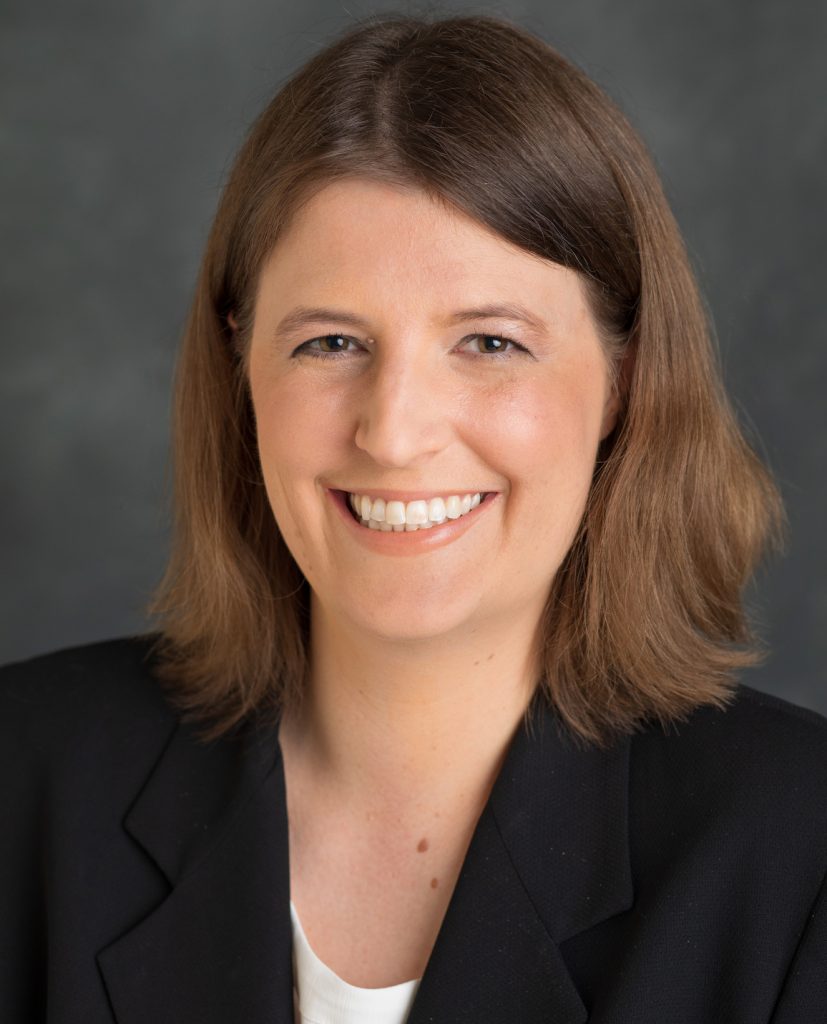
Hilary Havens graduated with a PhD in English Literature in 2013. Her dissertation considered the novels of Frances Burney, an eighteenth-century English woman writer. She is currently an Associate Professor in the Department of English at the University of Tennessee.
Q: What made you interested in doing a PhD in the first place?
I love British literature. I wanted to be a professor when I was younger. I actually was hoping to be a math professor—I was a math major for my first two years in college—but I took some really great English classes and that changed my mind when I read a novel by Frances Burney, this eighteenth-century British author. McGill has the Burney Centre, a research centre devoted to scholarly editing projects related to Burney’s works. The opportunity to work with Peter Sabor, who’s in charge of the Burney Centre, was a great reason to go to McGill.
Q: How did you end up in your current position as an Associate Professor at the University of Tennessee?
I applied for a lot of jobs—probably 150 jobs and postdocs. I was on the market for two years. The first year I had a couple of campus interviews in England and they didn’t pan out, but then, luckily, I got a visiting assistant professorship at Concordia University— a one-year job to replace somebody on maternity leave. It was a lot of work. It was a full teaching load with large classes that were all different, but it gave me great teaching experience. That was probably the reason that I got my current job.
Q: Who were your most important mentors during your PhD?
Without a doubt, Peter Sabor my supervisor. I can’t say enough good things about him. He was such a fantastic supervisor and mentor. Even after I’ve graduated, he’s given me great advice and helped me. He invited me to become a co-editor on one of the volumes of the standard edition of Samuel Richardson’s correspondence, which is a big deal at this point in my career. He helped introduce me to an editor at Cambridge University Press, and Cambridge published my book last year. So, he’s helped me make a lot of connections in the publishing world and also in the field. There are a couple of other people at the Burney Centre—Stewart Cooke and Elaine Bander—who also are associated with the Burney Centre. Stewart’s the Associate Director and he was really a great mentor as well. The same with Elaine. They were absolutely fantastic. There were a couple of other great professors like Tom Mole and Fiona Richie. I had a very positive experience with mentors.
Q: What do you value most about your time in graduate school?
Definitely the research and the professional development. The opportunity to work on the Burney journals has really set me up well in my career, and Peter trained me well. He’s a productive scholar, and I’m pretty productive myself. I feel like he was a good role model and that having a supervisor like him who is very generous with his time was really important. I have many friends who have gotten doctorates at other places who have not been as fortunate.
Q: What would you say was the biggest challenge that you had during your PhD?
For me, being international; I’m American. That was the biggest challenge because I couldn’t apply for SSHRC. Luckily, I had steady funding at the Burney Centre, but I did not live as well as the people with SSHRC funding. I knew coming in that being an international student was a little harder. Towards the end of my time, it seemed like they had cut funding for international stipends and international fees. So, I don’t know how many international students are still in the program or if it’s financially possible. Also, my French is terrible. I can read pretty well, and I can understand some spoken French, but my spoken French is awful considering I lived six years in Québec…I mean, my husband’s Québécois, and he still makes fun of my accent.
Q: What was the biggest challenge that you faced post-graduation?
Getting a job, and balancing the job search with the job I was doing currently while also getting research done at the same time. You sort of have to balance, in your post-PhD life, a lot of teaching with publishing so that you can stay competitive on the market, which is a lot of work.
Q: What advice would you give to someone working on their PhD?
Do not take too long finishing your dissertation. A good dissertation is a done dissertation.
Q: Is there something you wish you knew before you started your PhD?
I’m glad, to be honest, that I didn’t know how bad the job market was because it all worked out in my case. I got very lucky with my job. I see this now because I supervise graduate students: there are other things beyond academia. You can use your skills in a lot of different ways and be successful and be happy. So, if you do not get a tenure track job, it’s not the end of the world.
Many thanks to Prof. Havens for sharing her PhD narrative! Find more about her on her faculty webpage and about her monograph, Revising the Eighteenth-Century Novel: Authorship from Manuscript to Print (Cambridge University Press, 2019), here.
This interview took place in March 2020. Interviews are edited by the TRaCE McGill Editorial team for length and clarity before publication.






Discussion